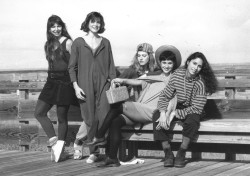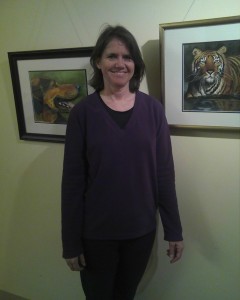A Message from Our Owner, Paul Sivesind
This is such a difficult time for our country, our city and us. The recent killings of George Floyd, Breonna Taylor and Ahmaud Arbery, along with the countless others (many unknown to us), brought our country to a boiling point in the past several days...
09 June, 2020




 Liz Mulligan[/caption] Liz Mulligan first witnessed elder fraud while working with a client of With A Little Help. Since tracking down over $200,000 stolen by the client's bookkeeper she's gone on to establish a full time fraud fighting business:
Liz Mulligan[/caption] Liz Mulligan first witnessed elder fraud while working with a client of With A Little Help. Since tracking down over $200,000 stolen by the client's bookkeeper she's gone on to establish a full time fraud fighting business: 
 Kate, second from left, with friends from the dance world[/caption] Last October before our coworker
Kate, second from left, with friends from the dance world[/caption] Last October before our coworker 